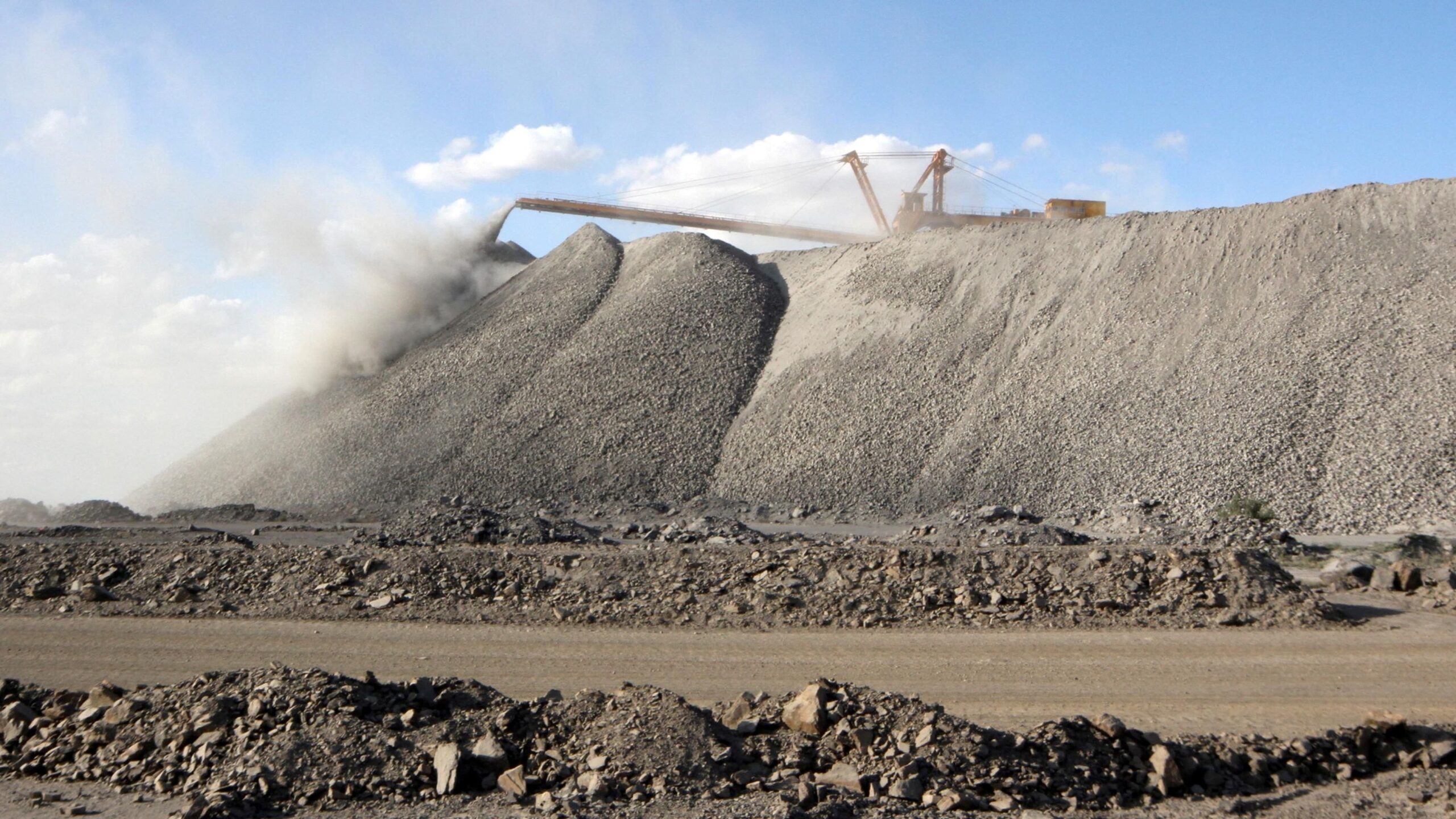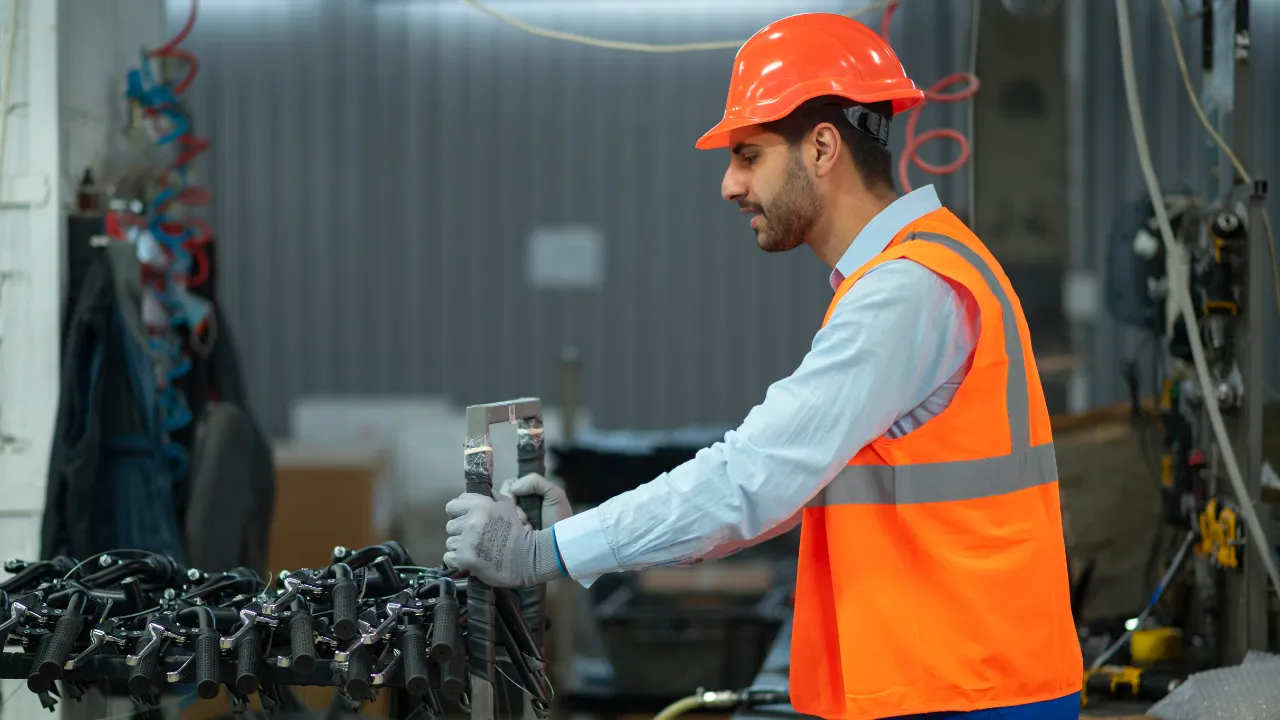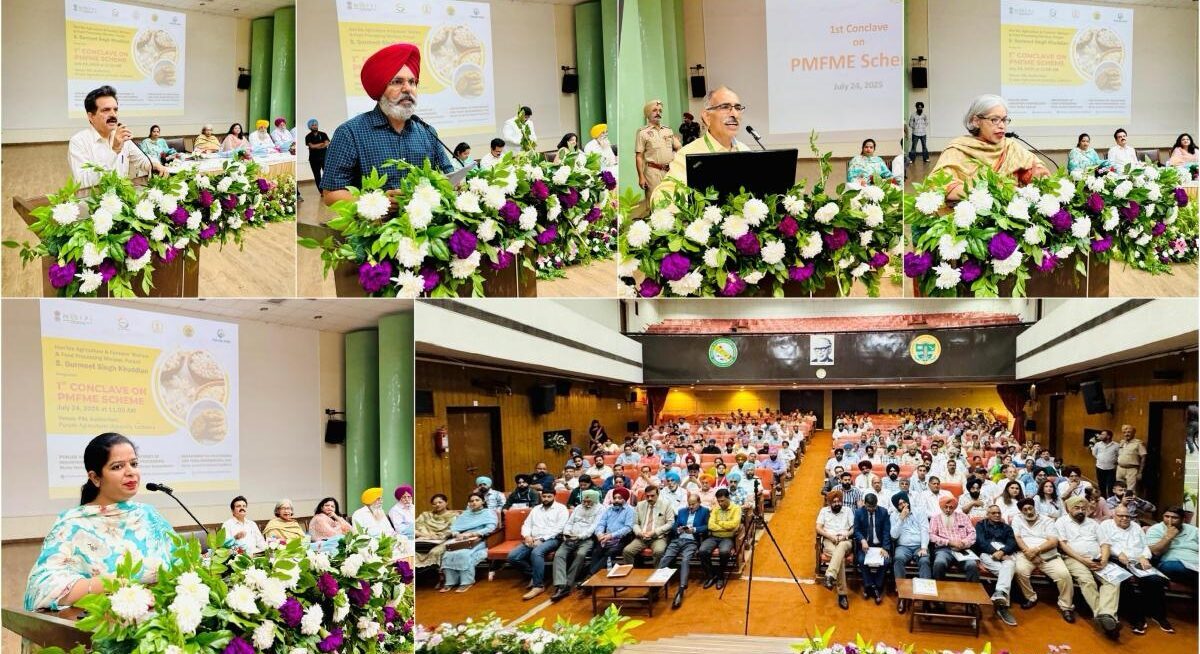China’s recent decision to restrict rare earth mineral exports has had a significant impact on the worldwide industrial landscape, with the automotive industry being one of the most severely affected. A set of 17 chemically related elements known as rare earth elements (REEs) are essential to the manufacturing of hybrid engines, electric vehicles (EVs), and other high-performance automobile parts. With China controlling more than 80% of the world’s rare earth processing, the country’s dominance in this industry has significant ramifications for automakers everywhere.
Why Rare Earths Matter in Automobiles
The strong permanent magnets found in electric motors are made possible by rare earth materials such as neodymium, praseodymium, and dysprosium. In addition to being essential components of EV vehicles, these magnets also support advanced driver-assistance systems (ADAS), infotainment systems, and regenerative braking. The need for these materials is growing as the automotive sector undergoes a shift to electrification and digital integration.
For example, compared to a car with a traditional petrol or diesel engine, an electric vehicle may need significantly more, up to two kilogrammes of rare earth magnets. These elements are essential for reducing vehicle weight and energy efficiency, two factors that are key to EV performance and range.
China’s Ban: Strategic or Reactive?
Analysts have seen China’s mid-2024 decision to tighten export restrictions on important rare earth elements like gallium and germanium, followed by further expansive restrictions on REE exports, as a geopolitical move. Beijing seems to have weaponised its supremacy in rare earths as a result of tensions with Western countries, especially the U.S., Japan, and portions of Europe, over trade, technology, and military alliances.
The timing and extent of the limitations seem to be a calculated attempt to gain leverage in continuing disputes, even though China claims that resource preservation and environmental concerns are the main drivers. Global supply chains become significantly more constrained as a result, particularly for sectors that depend significantly on these commodities.
Direct Impact on the Automotive Sector
Automakers are currently dealing with rising costs, uncertain production, and possible delays in product rollouts, particularly those that have made significant investments in EVs. Businesses that rely on consistent supply of premium magnets and other REE-based components, such as Tesla, Toyota, and Volkswagen, are being compelled to reevaluate their procurement tactics.
Short-term price increases for EVs and hybrids could result from this disruption, which would hinder customer uptake. Smaller firms are especially at risk since they don’t have the financial resources to absorb these expenses or create alternate supply chains.
Furthermore, electric vehicles are not the only ones affected by the supply shock. Rare earths are used in a variety of mechanical and electronic systems by even conventional automakers. This implies that the EV market is not the only area of the automobile industry that is impacted.
Scramble for Alternatives
Global automakers are stepping up their attempts to diversify their supply chains and lessen their reliance on Chinese exports in reaction to the ban. Domestic rare earth mining and processing facilities are being invested in by nations such as the United States, Canada, and Australia. Research on recycling techniques and rare-earth-free magnet technology is also accelerating.
For example, Toyota has been developing electric motors without the usage of magnets based on neodymium. In the meanwhile, the EU has started programs to encourage the recycling and domestic sourcing of strategic minerals under its Critical Raw Materials Act.
But it will take years for these actions to have a meaningful impact. China’s control over the rare earth supply chain will continue to be a stumbling block for some time to come.
Long-Term Industry Shifts
A more comprehensive reconsideration of automotive supply chains is probably going to be accelerated by the export prohibition on rare earths. It is anticipated that manufacturers will increase their investments in circular economy initiatives, such as recycling used batteries and parts for the recovery of rare earth elements. Government-industry cooperation to provide vital resource access will also probably take precedence.
In summary, China’s export restrictions have changed the strategic planning of automakers worldwide in addition to upending the current dynamics of the automotive sector. Rare earths and who controls them could have a significant impact on the speed and course of the global shift towards electrification and clean mobility.
Also read: QWR: The Indian XR Startup Revolutionizing Education for Young Learners
























